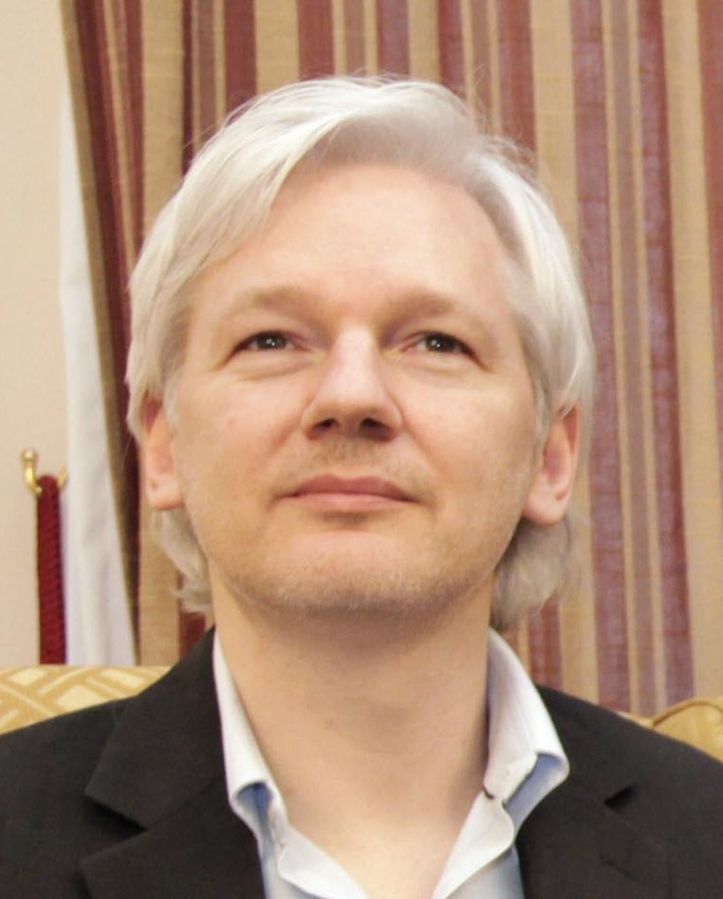and still no real justice in sight for the crimes related to 9/11.
We can all read, for example on the website of Architects & Engineers for 9/11 Truth, that some still fight for justice. This is of course very important, but at the same time, we must face the truth: We don’t have a real justice system in many countries, especially when it comes to certain cases like this.
Contributing to the problem is that real journalism is so hard to find these days. Instead, many people, including many journalists, are like parrots repeating the official narrative or keep quiet about the inconsistencies in that narrative and facts that speak against it. A weird society has emerged, where many can be afraid of being called “conspiracy theorist” or even loosing their job, if they are open with what they really think.
